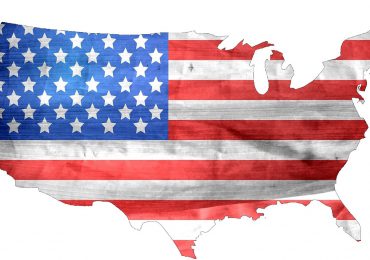The Bank of Korea, the central bank of South Korea, has made a deal with the nation’s National Pension Service to buy as much as $35 billion in U.S. dollars in an effort to boost the country’s declining currency, reports an article in Chief Investment Officer, citing information from Reuters. In the course of the last two months, the South Korean won has fallen 8%, and while the dollar has also declined, it’s still considered the strongest currency in the world. After the deal was made public, the won rose slightly in correlation to the dollar. The deal specifies the dollar purchases will be made outside of foreign exchange markets, a strategy intended to dodge the kind of volatility that could lessen the impact of the dollar influx, the article details.
This is not the first deal the Bank of Korea has made with the pension fund, which is the world’s 8th largest with $680 billion in assets; the two entities had a $10 billion arrangement that expired at the end of last year. With the 10th largest economy in the world, South Korea relies heavily on exports, but the won has been hard hit by a trade deficit caused mainly by declining sales in its large semiconductor industry, as well as ongoing tension with North Korea and tumultuous global markets. As a result of that volatility, many South Koreans have traded their won for dollar assets, which they considered a better safe haven, according to the article. Officials also hope that the reopening of China’s economy will bring more imports to South Korea and reinvigorate the country’s economy. The National Pension Service invests in private equity, venture capital, and real estate as well as securities, and offers a way for South Koreans to supplement their income from their retirement payments. About 28% of the fund’s portfolio is allocated to foreign stocks while 8% of its bond allocation is in foreign holdings. Last year, the fund lost 8.2% in its investments amid global market turmoil.






















